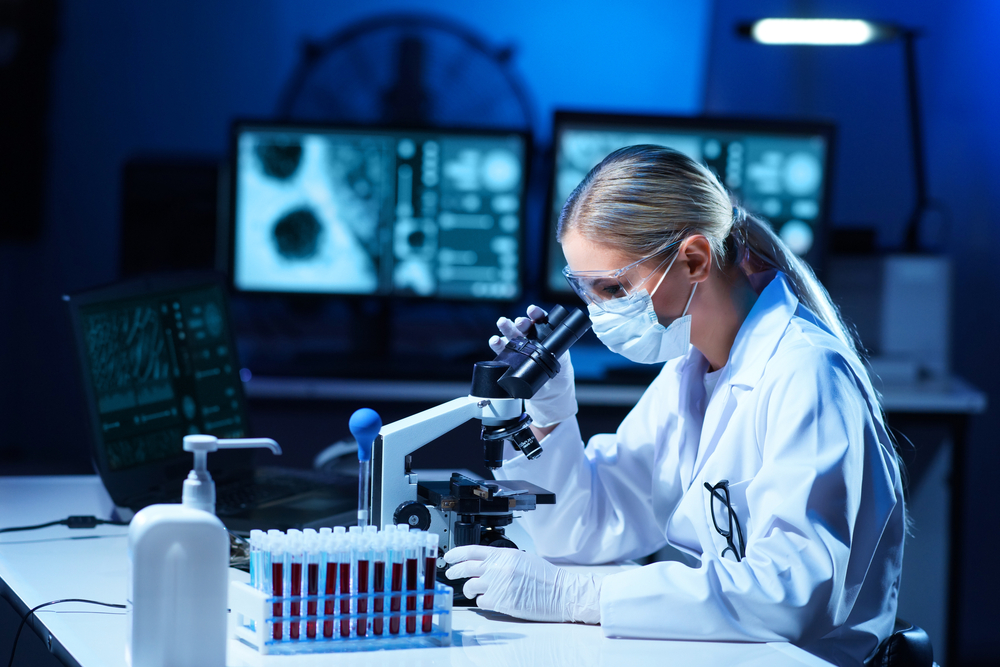
Plateau?
Researchers that are studying the evolution of this new coronavirus are looking for two wide categories of changes to the SARS-CoV-2. One of them makes it more contagious and dangerous, for example by replicating sooner, so that it can spread more quickly through coughs, wheezes, and sneezes.
The other one enables it to defeat a host’s immune response. When a virus begins to spread in a new host, the lack of pre-existing antibodies means that there is not that much advantage to be gained by evading immunity. The first and biggest success that a new virus gain is coming through increasing transmissibility and infectivity.
Genome sequencing early in the pandemic showed that the virus is able to diversify and gain approximately two single-letter mutations per month. The quick rate of change is about half the rate of influenza and one-quarter the rate of HIV. SARS-CoV-2 has a spike protein that is responsible for recognizing and infecting the host cells.











































